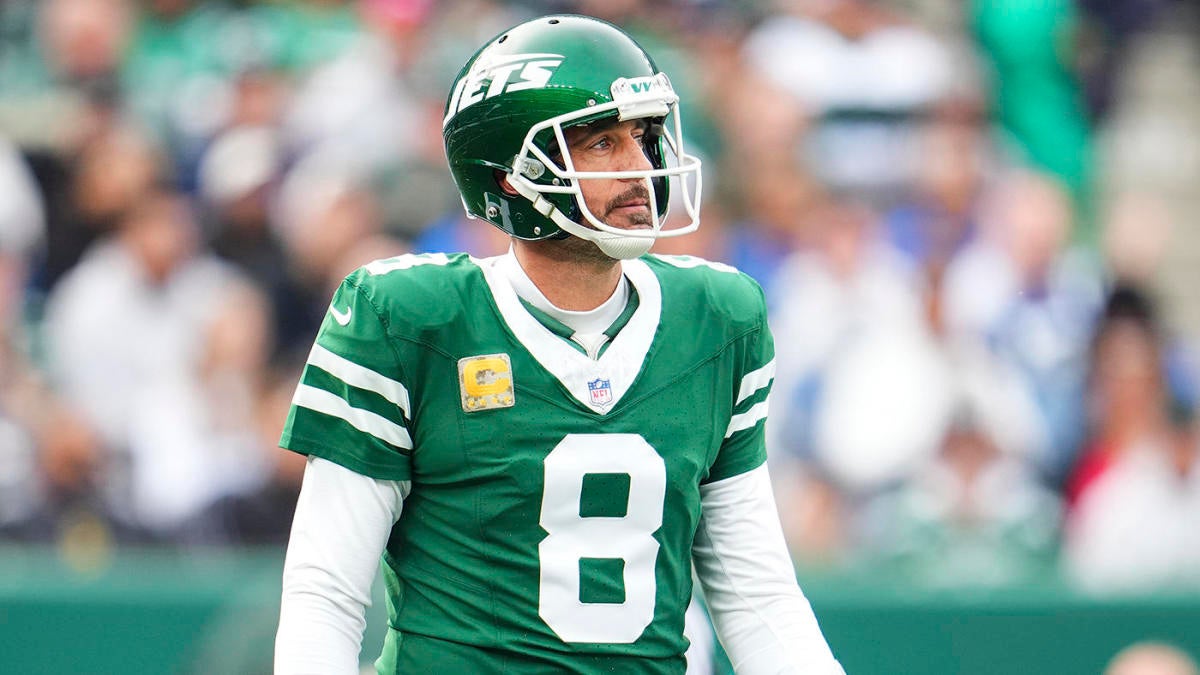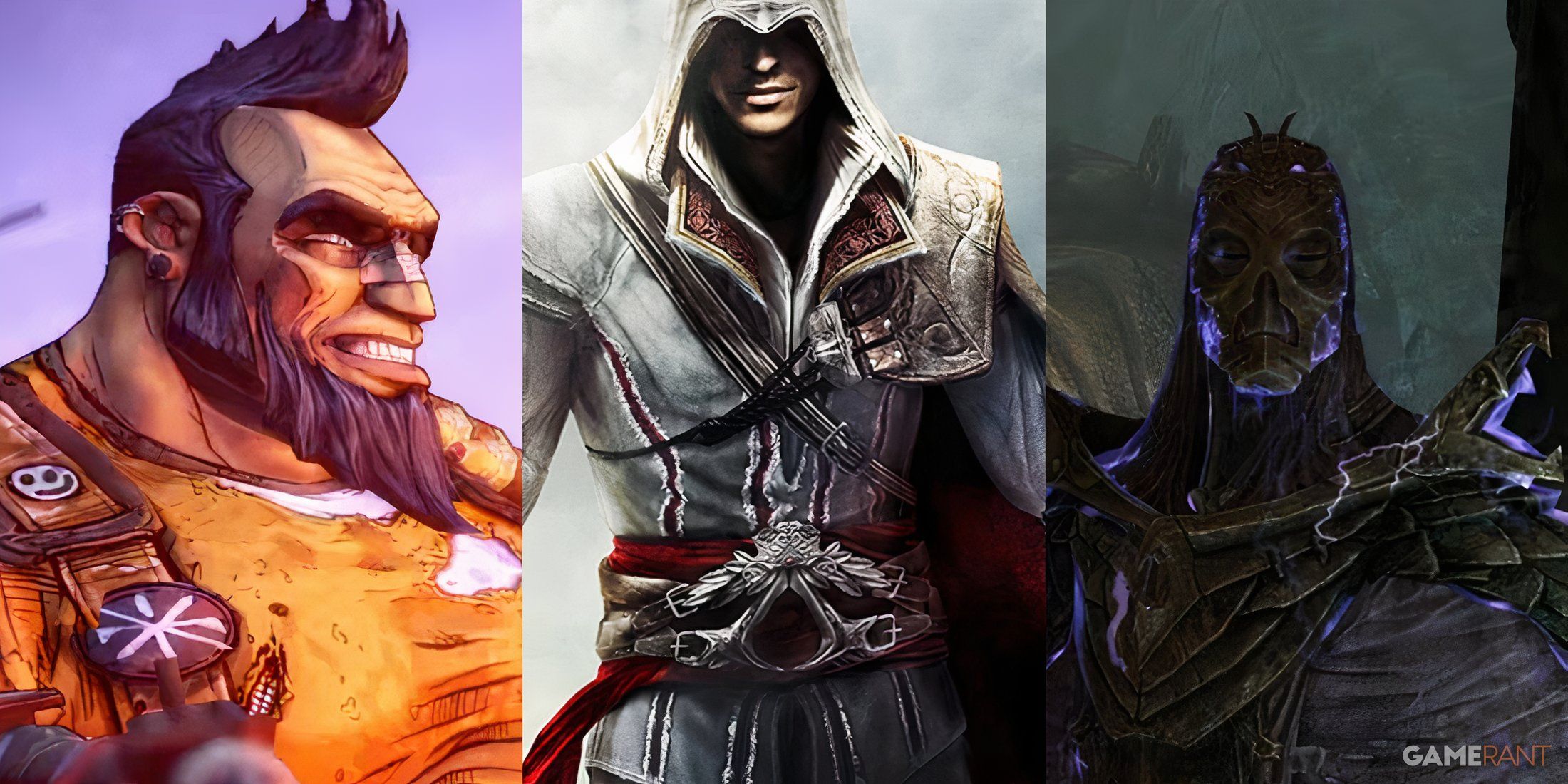Fashion
Australia’s Outland Denim Harnesses The Fashion Industry To Uplift Humanity

Australia’s Outland Denim Harnesses the Fashion Industry to Uplift Humanity
What’s one item in your wardrobe you’re likely to keep over the long haul? One item that most people have at least one of, regardless of socioeconomics and geography?
For hundreds of years, merchants have been making tough canvas, twill, and denim trousers for sailors, farmers, and other laborers—and making those pants to endure the tough conditions of the trenches: Jeans.
“Jeans aren’t a throw-away item (or, they shouldn’t be),” says social entrepreneur James Bartle. “Jeans are something you keep for years if they’re good quality and the right fit. They wear with you.”
Australia’s Outland Denim Harnesses the Fashion Industry to Uplift Humanity
So, organic cotton jeans could be a potential vehicle “to harness the extremely powerful tool of consumerism to create positive change,” concluded Bartle.
Having founded a motocross and extreme sports tour group that traveled around Australia, promoting healthy lifestyle choices to youth, Bartle had long self-trained in creating apparel through the right merchandising.
Taken by a Big Idea
Like many, Bartle and his wife saw the movie Taken in 2008. It started his journey into understanding more about human trafficking. When he learned that more than 50 million people are caught up in modern slavery, he could no longer ignore it. He wondered whether he could design a business model in the apparel industry that provided a platform, tools, and resources for employees – mostly impoverished seamstresses – to take financial control of their lives.
In turn, that model could help customers support those critical changes in what he calls a “cycle of freedom” to counter the too-common narrative of cycles of poverty.
It would take years of research, travel, partnership-building, and trial and error. Finally, Outland Denim was founded out of those principles in 2016. The intention at first was not to create a brand, per se, not even to make any more than a nominal profit (if that), Bartle says. It was to do good in the world through business.
Headquartered in Tamborine Mountain, Queensland, “Outland was designed to support young women (and some men) out of modern slavery and vulnerability through investment in training, life skills acquisition, economic empowerment, and opportunity for career progression,” Bartle says.
With about a hundred employees between Australia and production partners – as well as washing/finishing facilities in two locations across Cambodia, everyone’s mission is #DenimForFreedom.
Denim & the Pandemic
Three years of COVID-19 greatly imperiled that mission for Outland, as it did for most startups and small businesses across Australia and around the world. Outland had just hired scores of new seamstresses to make products that suddenly weren’t selling. “We lost the wholesale business,” Bartle recounts. “I’d just hired this group of women. I refused to close [the Cambodia locations]. I thought about the realities those women were facing on the other side of the pandemic. Right decision, wrong decision, but it certainly felt like the right thing to do for the people I employed.”
As a result of that support for his staff throughout the Covid lockdowns, Outland accrued an outsized tax bill and, more recently, a public dressing down by the Australian Taxation Office after the grace period it offered ended. The ATO is campaigning hard, says Bartle, to recoup more than AU $50 billion in debt that’s owed, most of it by still-struggling small businesses, despite ongoing national economic challenges that some business leaders call “profound.”
Australia’s Outland Denim Harnesses the Fashion Industry to Uplift Humanity
Stretching
Meantime, are human trafficking and other violations against women and other vulnerable populations still occurring in the world? For now, that fact still seems stitched into the fabric of our economy, says Bartle. One in every 130 women and girls is living in modern slavery. Yet the books at Outland, with a proven plan and infrastructure to help, remain impaired.
But the 2019 Thomson Reuters Foundation Stop Slavery Award winner’s mission to “uplift humanity and heal the planet” is hard to stop. So, like millions of other founders and CEOs, Bartle shows up every day and stays late motivated by that mission. Is the answer to “take a big swing” as it did recently, acquiring another brand in 2023? To invest precious resources in the hopes of expanding into the jeans-forward North American market? To focus on further improving the company’s environmental sustainability into more and more circular and regenerative realms?
After all, the “holistic, generational-wealth support model” that underpins everything Outland does (for example, for its seamstresses, who can exert more control over their work lives, families, and future, including through education and training opportunities the company provides to improve their circumstances)? That’s dependent on consumers getting the message, and getting involved. And that’s dependent on marketing—and that’s dependent on funding …”
Outland jeans products contain a unique QR code that Bartle argues “takes the owner on a journey that further deepens the connection between mission, garment, and wearer.” After scanning with a smartphone, the customer can send a direct message of thanks to the brand’s team of seamstresses.
It’s a mission whose time has come. With rising support from customers and funders Outland will thrive and change lives, says Bartle. “We’re heading toward the best position we’ve ever been in,” he says, and that’s great news not only for the consumers who love their denim but also for the many lives in their care.








